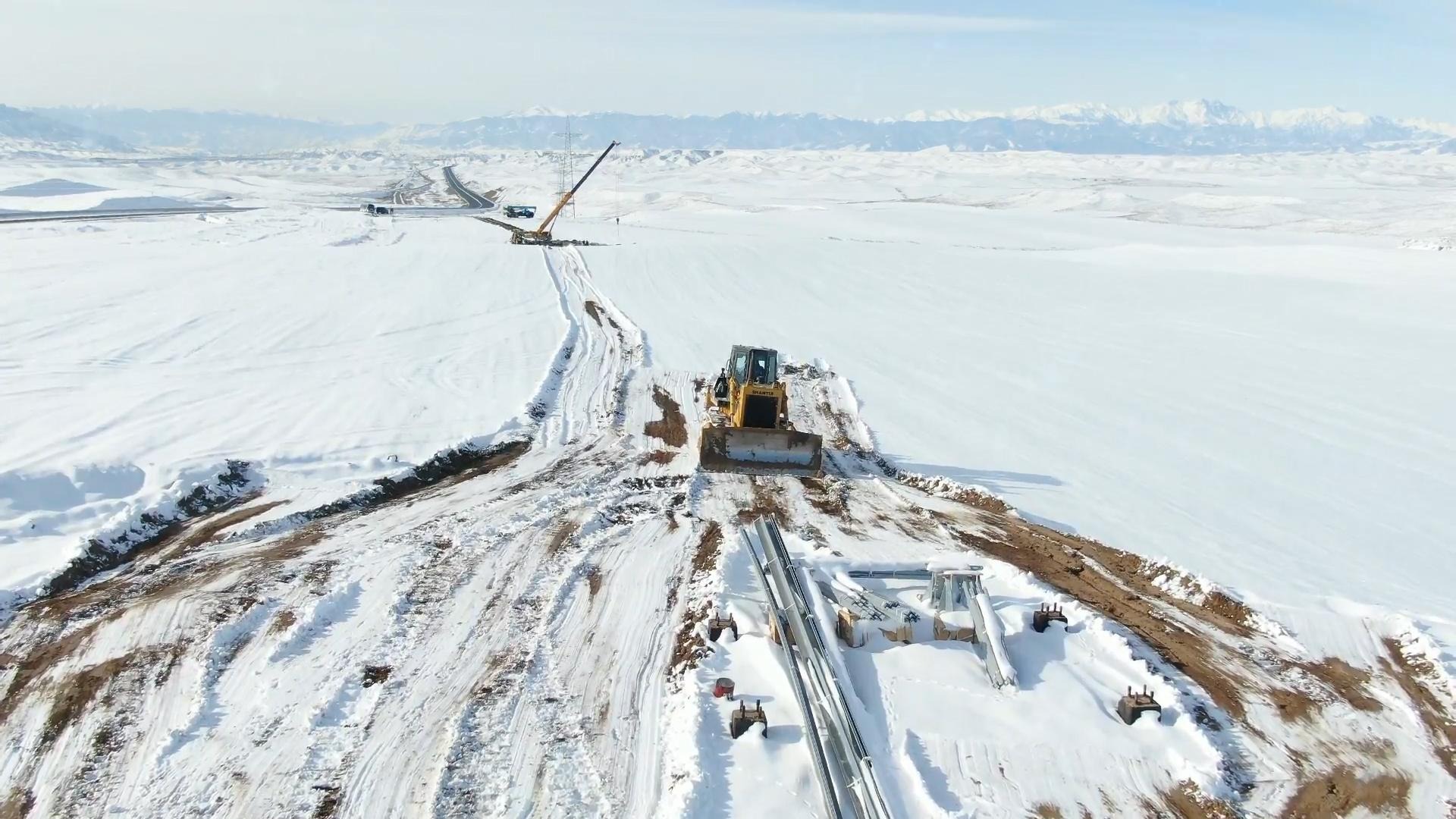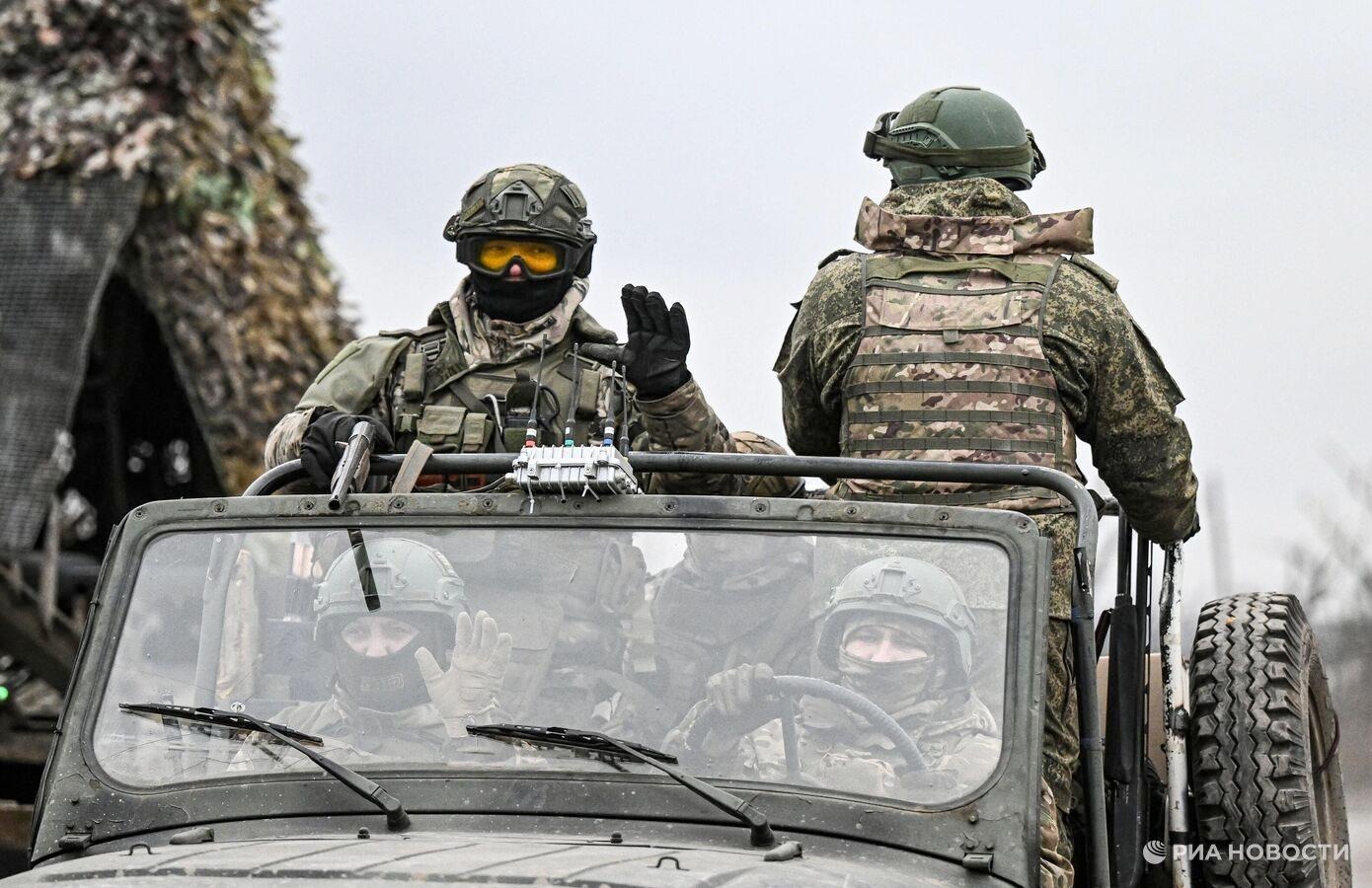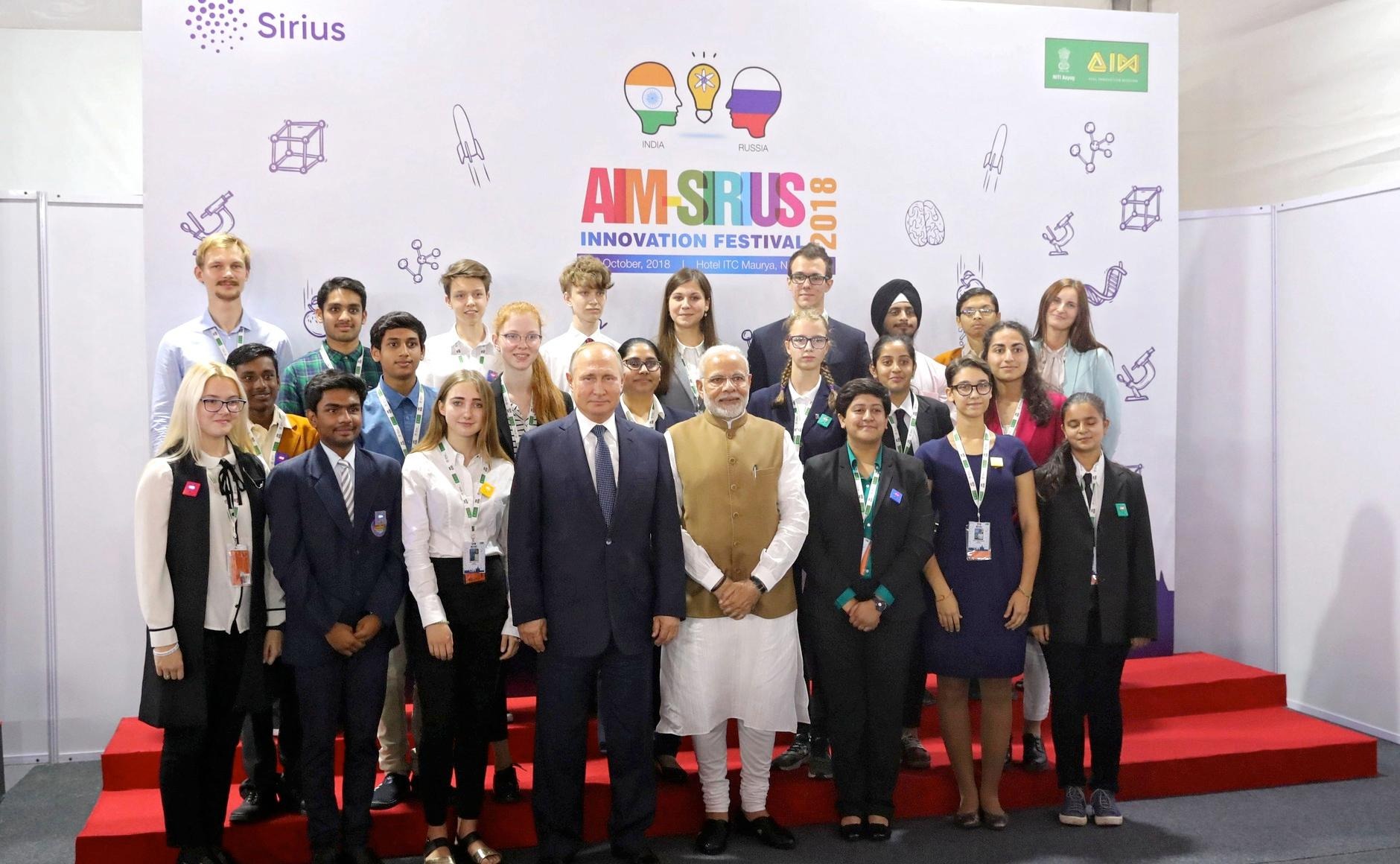COULD CORRUPTION BE GOOD FOR RUSSIA?
COULD CORRUPTION BE GOOD FOR RUSSIA?
The new Corruption Perception Index, published by Transparency International last week, put Russia in 121st place together with nine other states, including the Philippines and Rwanda. This ranking is one group above Azerbaijan but one group below Kazakhstan and three groups below Ukraine and Georgia (RosBusinessConsulting, November 6; Vedomosti, November 7). That marks a miniscule improvement over the ranking in 2005 and generally corresponds to the assessments of the scale of corruption presented a week earlier by the Russian INDEM Foundation (Lenta.ru, October 31). There is now a good understanding that pervasive corruption is an intrinsic element of the system of power built by Russian President Vladimir Putin, but there are still particular features in this phenomenon that remain puzzling.
One such feature is that suffocating corruption does not slow down economic growth, which is expected to stay at an impressive 6.5%; neither does it fuel inflation, which will probably fall below the 10% mark by the end of the year. Western investors, while complaining bitterly about the demands of corrupt officials, are by no means scared away, so that the inflow of direct foreign investments is estimated to increase by more than 50% this year (Lenta.ru, October 27). The Russian stock exchange has recovered from the sharp drop in May-June and is now close to its historic peak (Kommersant, November 11).
Another counterintuitive feature is the very neutral and indifferent public reaction to the spectacular growth in corruption from 2003 to the present-day “plateau.” Unlike in China, where angry protests against abuse of power by corrupt officials increasingly turns violent, in Russia most people perceive corruption as an inevitable but minor downside of “normal life.” According to a recent Levada Center poll, 81% of the population is dissatisfied about the moral climate in the country, but political apathy still clearly prevails over the readiness to stage protests (Levada.ru, November 2). Experts directly link the fast spread of corruption in the state bureaucracy with the Kremlin-staged attack on the oil company Yukos and the arrest of its owner, Mikhail Khodorkovsky, three years ago (Kommersant, November 10). To the public, however, the filthy rich oligarchs are still the main culprits.
Yet another unexpected feature is the light-hearted official acknowledgement of the scale of the problem. Nobody in the Kremlin tries to accuse Transparency International of deliberately tainting Russia’s image; to the contrary, Alexander Buksman, first deputy prosecutor general, evaluated the corruption “market” at $240 billion — about the same size as the income of the federal budget. Another official, the head of the Viktor Zubkov financial monitoring service, reported 3,000 cases of money laundering with a total balance of 1 trillion rubles or about $25 billion (Rossiiskaya gazeta, November 7, October 31). President Putin himself admitted at a recent meeting with a select group of Western experts that corruption remains one of the failures of his leadership (Nezavisimaya gazeta, September 11).
All these peculiarities of corruption Russian-style spring from one over-grown root: the colossal increase in the rent extracted from exporting oil and gas. Corruption flourishes in the seemingly bottomless pool of “petro-rubles,” but there is enough for Western investors to tap and for the so-called national projects to address some of the most urgent social needs. Nobody expects the state to distribute the revenues fairly or efficiently, but corruption opens up a multitude of additional distributive channels, so that cash flows faster and trickles down to the lower levels of Putin’s pyramid of power. Corruption actually makes this rigid over-centralized system softer and adds flexibility, so that what might have been a tough dictatorship is transformed into authoritarianism with a “human face.”
This deeply corrupt prosperity is, however, of limited duration. The warnings about the end of “easy growth” due to the already observable stabilization of oil prices are plentiful, and the International Monetary Fund has recently added its voice emphasizing the need to restart the stalled reforms (Kommersant, November 8). Yevgeny Gavrilenkov, a leading Russian economist, argues that the fast expansion of the state bureaucracy combined with its falling productivity has become one of the main limitations on economic growth (Vedomosti, November 7). The entirely predictable stagnation of the resource base available to the state for distribution and the continuing escalation of demands and expectations are certain to generate a crunch that will mark the end of Putin’s era.
Many of the apparent distortions in the present-day economic policy are driven by the “strategic” plan for postponing this moment of truth beyond the delicate phase of power transfer from Putin to his yet-unknown successor. That makes a perfect recipe for building a critical mass of concentrated protest, so some of Putin’s lieutenants have begun to draft plans for crisis management. China provides them a perfect model of how the anger against corruption can be channeled toward compromising the competing power clans and purging the over-crowded political arena (New York Times, October 26). Federal Security Service Director Nikolai Patrushev, Minister of Defense Sergei Ivanov, Prosecutor-General Yuri Chaika, and others are positioning themselves as frontrunners in the “struggle against corruption,” expecting that a champion in this race would gain valuable public support (Polit.ru, November 7). So far, these PR exercises have borne little fruit, as the indifferent electorate remains convinced that the hydra of corruption sprouts two new greedy bureaucrats for every fired one. The stakes, however, are growing daily, so the deals are increasingly settled not by bribes but by bullets (Novaya gazeta, November 6). Corruption might have helped the cumbersome Russian state to function reasonably smoothly, but it has acquired a new quality that may make the state simply dysfunctional — and Russia has a bad record of rescuing itself from such exigencies.


